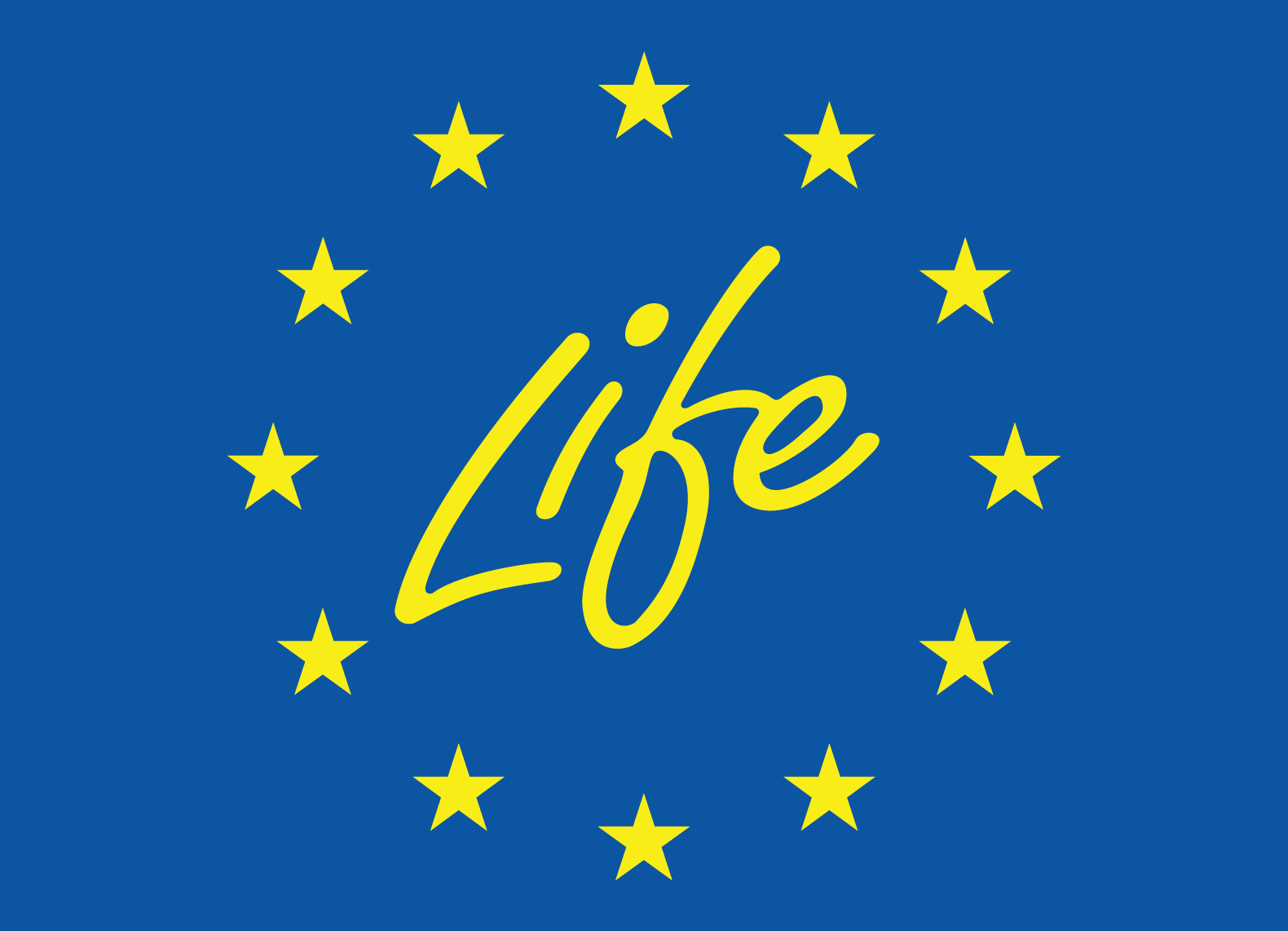IFOAM Organics Europe at BIOFACH 2024: Shaping the future of organic!
On February 13-16, the organic sector converged at BIOFACH/VIVANESS 2024 in Nürnberg, Germany. IFOAM Organics Europe fuelled discussions at the Congress’ events with many sessions delving into policy, regulation, and research.
Day 1, 13 February 2024
The first IFOAM Organics Europe Business Day marked a milestone, providing a space for organic business leaders to exchange insights. Another standout session from IFOAM Organics Europe, ‘’Packaging legislation is coming: what impact for organic operators?” delved into the impending packaging legislation, where challenges and opportunities that this directive brings to organic operators were explored. Following the latter, the dynamic “Policy Day 2024: State of Play of Current and Future Organic Policies” session took place as a talk-show style exploration of the future of the organic food and agriculture sector in sight of the 2024 European elections, providing a deeper understanding of the challenges and opportunities awaiting the organic movement. Afterwards, the organic journey continued with a networking event hosted by IFOAM Organics Europe called “Being Organic in EU: Networking Reception,” which was a delightful occasion to taste organic food and drinks while fostering networking opportunities and knowledge exchange.
Day 2, 14 February 2024
The trade fair’s second day marked sessions on “EU budget for organic: how and when to apply for the promotion policy co-funding?” helping the sector to navigate the EU budget available to promote organic. Later, during the session “Reaching the EU 25% F2F organic target – barriers, drivers, policies, trends and scenarios,” the first results of the Horizon Europe Project OrganicTargets4EU were presented. Based on an analysis of the drivers and barriers to the development of organic farming, speakers examined whether and how the Farm to Fork goals can be achieved through planned policy interventions, trends, and possible scenarios for the future development of the sector. Subsequently, IFOAM Organics Europe also hosted the session “Concepts for the CAP 2027 – How can the organic systems approach benefit the agricultural funding system in the EU?” where concepts for the agricultural funding and the need to transform CAP into an effective tool to support sustainable agriculture were discussed by different experts from NGO´s and politics.
Day 3, 15 February 2024
Our programme continued with TP Organics’ Science Day: Organic research & innovation for sustainable food systems. IFOAM Organics Europe and many others took part to a workshop, helping TP Organics identify and prioritise knowledge gaps to be included in its new Strategic Research & Innovation Agenda, a key tool for advocating for the organic sector’s needs and priorities. In addition, equally insightful were the following sessions on “Protecting Organics in the Context of GMO Deregulation” and “Understanding the Geopolitical Context of the NGT debate in the EU”. The former provided a cutting-edge update on the EU policymaking process on the new legislative proposal on so-called “New Genomic Techniques” (NGTs) regarding the implications for the organic sector. As for the latter, it explained how different global regulatory contexts—in terms of consumer labelling, traceability, and biosafety standards—are posing real technical challenges to trade relations, shining light on these complexities and implications for organic trade markets. Other meaningful sessions were ‘’EU Organic Regulation – challenges and opportunities”, where a presentation from policy-makers and experts on the main challenges and opportunities of the new EU Organic Regulation was made; and the ‘’Management of residues in organic products under the EU organic regulation’’ session, through which a common understanding of the rules in light of the Position Paper of IFOAM Organics Europe published last summer was reached.
Day 4, 16 February 2024
On the last day of BIOFACH we did not slow down. In three enlightening sessions, such as ‘’Will the EU seed reform contribute to the Green Deal?” which touched on the topic of access to seeds for organic farmers, the role of organic breeders in maintaining and fostering agrobiodiversity, and how the revision of the existing framework on production and marketing of plant reproductive material will impact the organic sector. And, finally, the last session focused on “Climate neutrality – opportunity or threat?” through which it was made clear how the whole supply chain is crucial when it comes to climate action and that systemic solutions are needed to properly tackle environmental and social challenges.
IFOAM Organics Europe would like to extend heartfelt gratitude to the BIOFACH organisers, IFOAM Organics Europe staff, members, sponsors, and the institutions that keep committing to organic. Furthermore, sincere gratitude is also extended to all participants, collaborators, and supporters who, with their presence and active engagement, have made this event a success for the organic community. Together, we continue to pioneer agriculture, making Europe more organic!

The work of IFOAM Organics Europe on this topic is co-financed by the LIFE programme of the European Union, under the Climate, Infrastructure and Environment Executive Agency (CINEA). This page only reflects the views of the authors and its sole responsibility lies with IFOAM Organics Europe. The CINEA is not responsible for any use that may be made of the information provided

